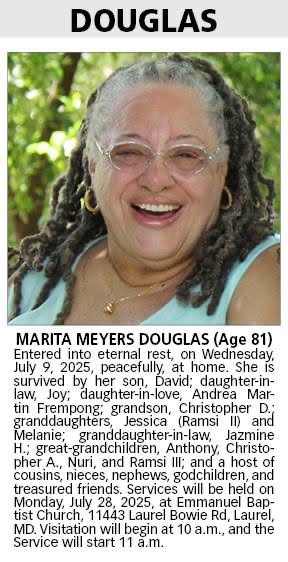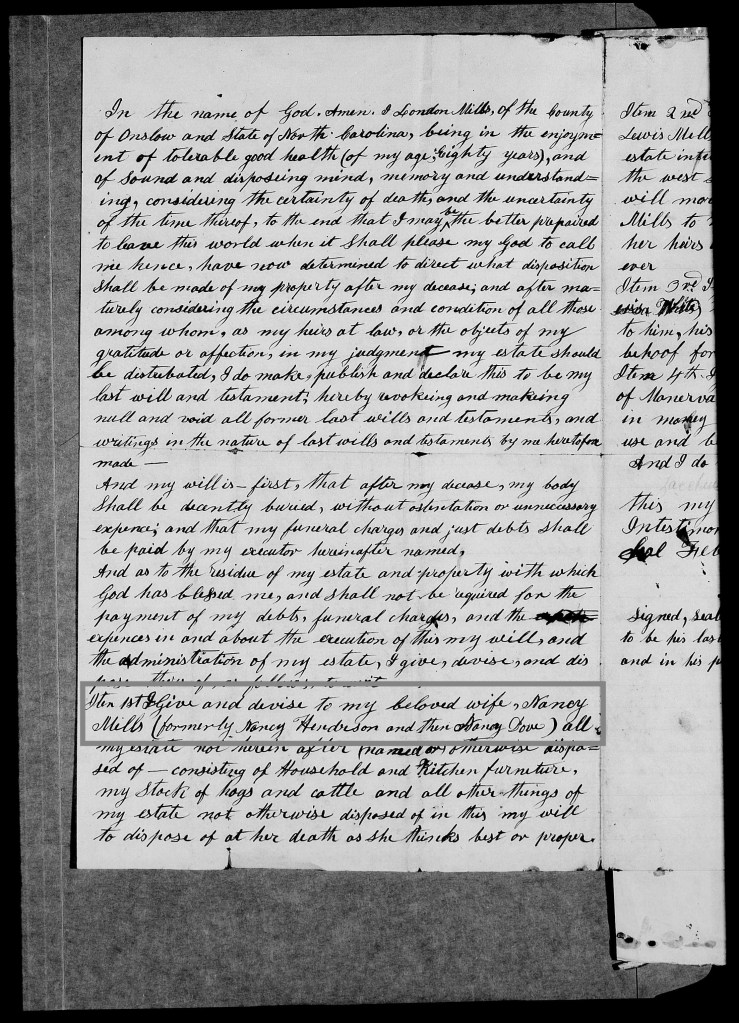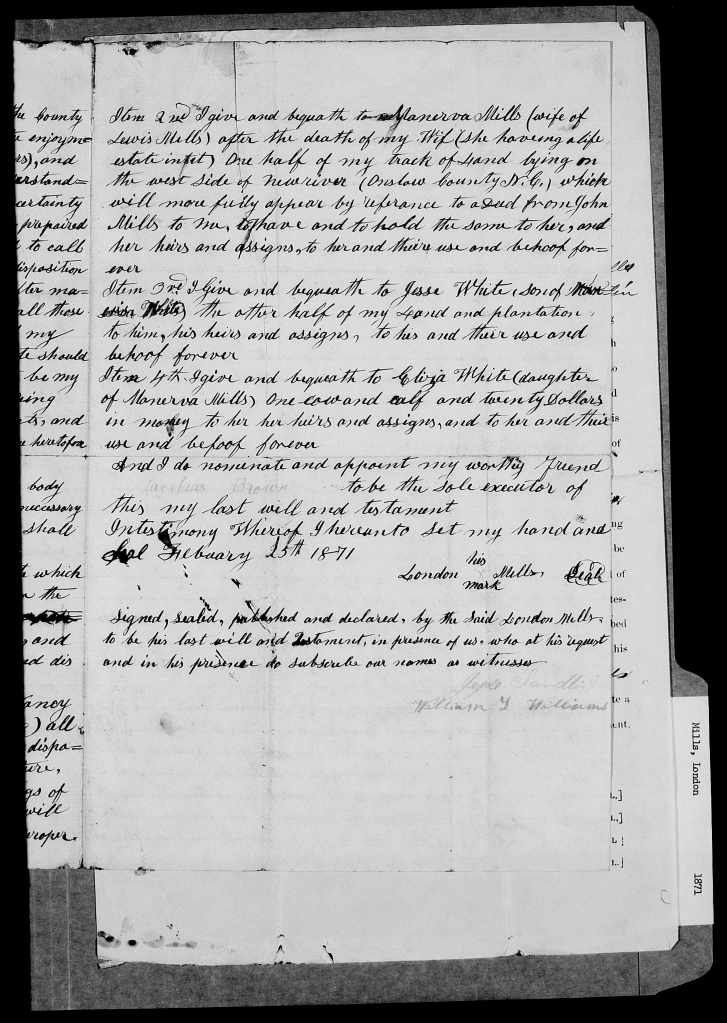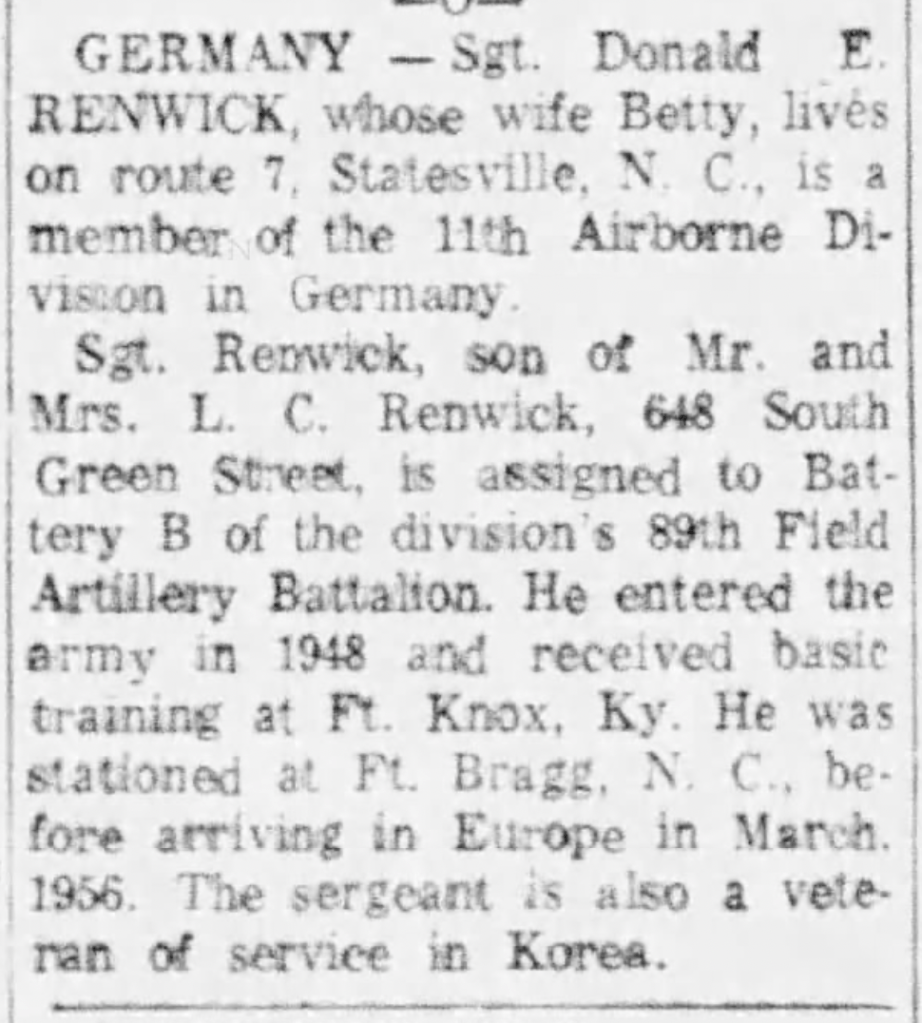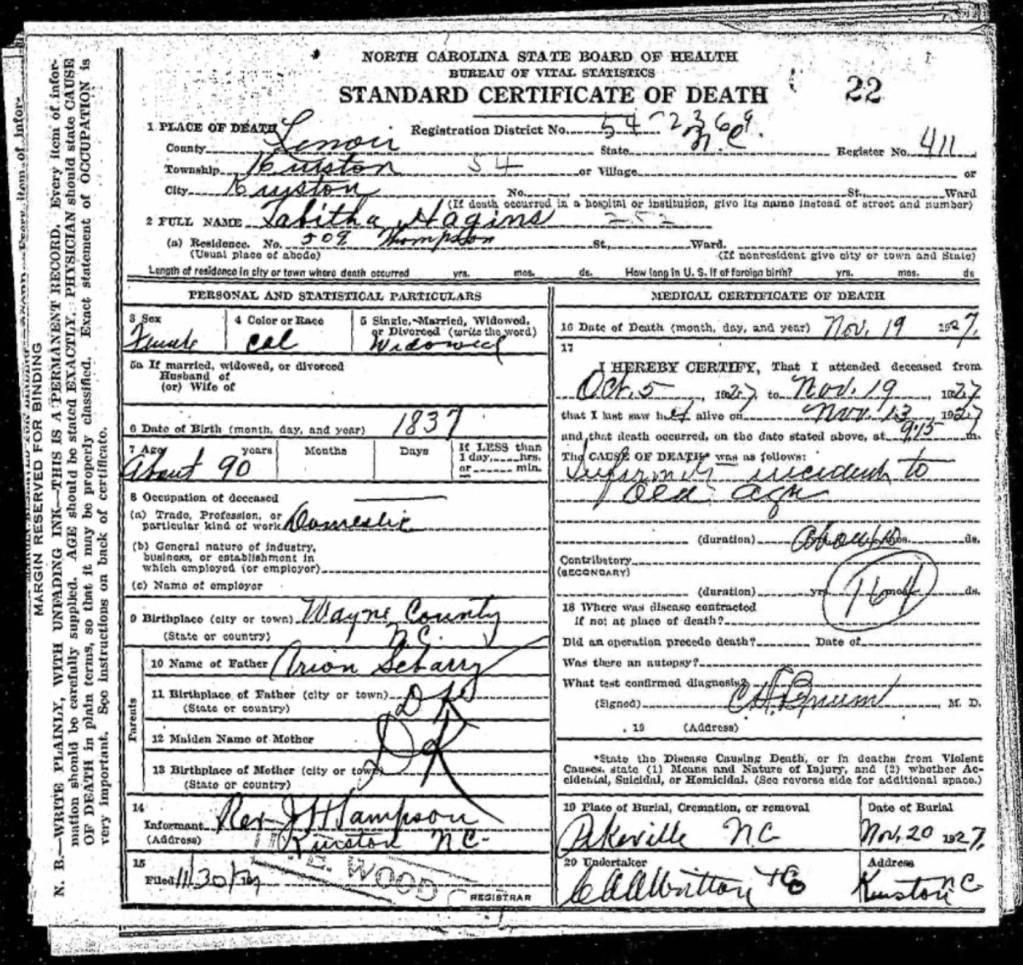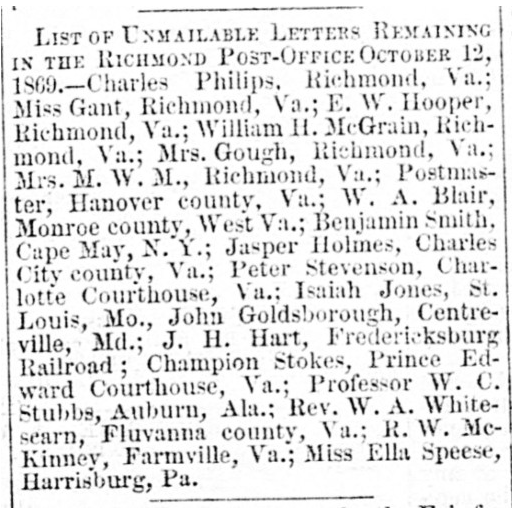Journal and Guide (Norfolk, Va.), 30 April 1949.
——
In the 1930 census of Wilson, Wilson County: at 610 East Green Street, rented for $20/month, barber Roderick Taylor, 45; wife Mary, 39; and children Edna G., 8, Mary J., 4, and Roderick Jr., 1.
In the 1940 census of Wilson, Wilson County: at 607 East Green Street, barber Roderick Taylor, 58; wife Mary J., 50; and children Edna G., 18, Mary J., 14, and Roderick Jr., 12.
In the 1940 census of Wilson, Wilson County: at 1208 Atlantic, barber James Stokes, 45; wife Viola, 35; and children Frank, 18, tobacco factory laborer, Dorothy, 14, Thomas, 12, Annie M., 9, Jannie L., 7, Donnie, 5, and Carlton, 4.
In 1942, Frankin Roosevelt Stokes registered for the World War II draft in Wilson County. Per his registration card, he was born 21 November 1921 in Troupland [Treutlen] County, Georgia; resided at 1208 Atlanta [sic] Street; his mailing address was Carter Hall, Johnson C. Smith University, Charlotte; and his nearest relative was James Stokes, 1208 Atlanta Street.
On 9 June 1949, Frank Stokes, 26, of Wilson, son of James Stokes and Viola Reese Stokes, married Mary Joyce Taylor, 23, daughter of Roderick Taylor and Mary John Taylor, in Wilson. Presbyterian minister O.J. Hawkins performed the ceremony in the presence of Johnnie K. Boatwright, Sue Faucette, and Frances E. Williams.
In the 1950 census of Boulder, Boulder County, Colorado: at the University of Colorado, Franklin R. Stokes, 28, lodger.
In the 1955 Boulder, Colorado, city directory: Stokes Franklin R (Joyce M) lab Maaco Puget Sound h 1906 Pearl
Mary Joyce Taylor Stokes Crisp died 26 September 2006 in Mount Clemens, Michigan.

